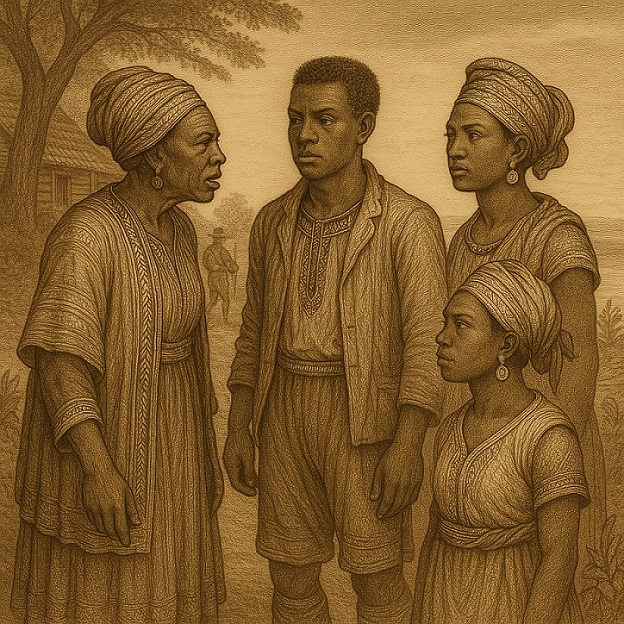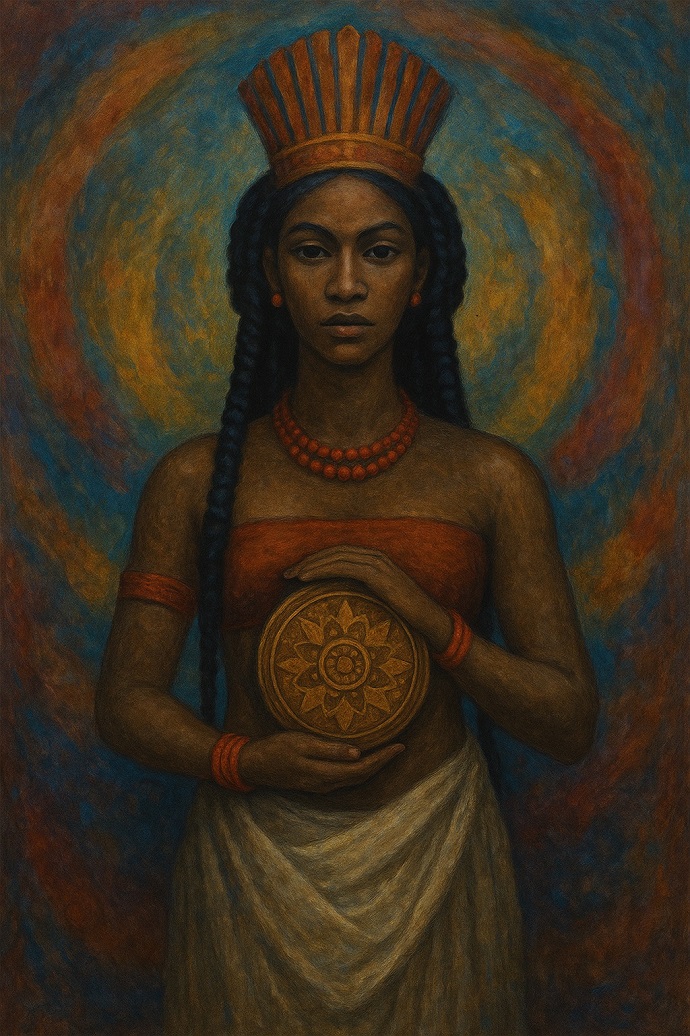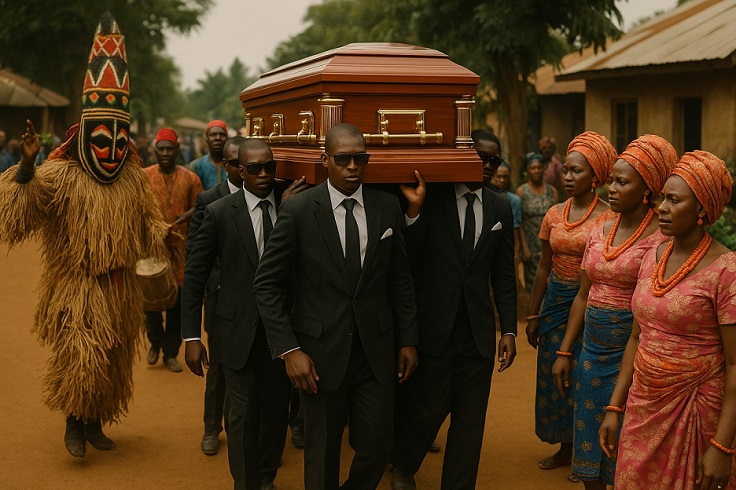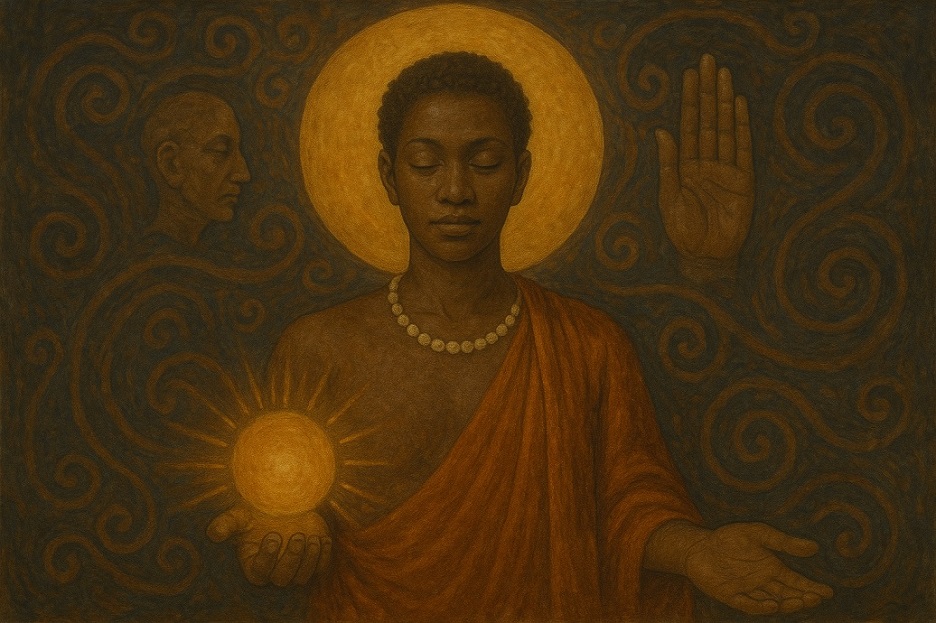
The Lost Igbo Communities Outside Nigeria
Bongo Music Africa
Author
The Lost Igbo Diaspora: Tracing Igbo Heritage in Jamaica, Haiti, and Beyond
The Igbo people of southeastern Nigeria were among the most heavily trafficked Africans during the transatlantic slave trade. Tens of thousands were forcibly taken to plantations in the Caribbean and North America, particularly Jamaica, Haiti (then Saint-Domingue), and the southeastern United States.
Though stripped of their homeland, enslaved Igbo communities preserved fragments of their culture—language, spirituality, and traditions—that still echo today. From Jamaican Patois to Haitian Vodou and a legendary act of resistance in Georgia, the Igbo diaspora’s influence remains alive.
This article explores the lost Igbo communities outside Nigeria, their cultural legacies, and where Igbo descendants can still be found in Africa today.
1. Jamaica: The Land of "Red Ibo" and Igbo Linguistic Legacy
Jamaica received one of the largest concentrations of enslaved Igbo people in the Americas. Historians estimate that over 30% of enslaved Africans in Jamaica came from the Bight of Biafra (Igboland). Their impact on Jamaican culture is undeniable.
Cultural and Linguistic Survivals
- Language: The Igbo plural pronoun unu (“you all”) survives in Jamaican Patois.
- "Red Ibo" (Red Eboe): A term for light-skinned Black Jamaicans, referencing a common Igbo complexion.
- Jonkonnu Festival: This vibrant masquerade has roots in the Igbo New Yam Festival (Ikpe Uju).
- Folklore: The Jamaican river spirit "River Mumma" resembles the Igbo water deity Idemili.
One poignant reminder of this history is the grave of Archibald Monteith, an Igbo man enslaved in Jamaica. His story, like many others, reflects the forced migration that shaped the island’s African heritage.
2. Haiti: Igbo Resistance and Vodou Spirits
In colonial Haiti (Saint-Domingue), Igbo captives were known for their fierce resistance. Many chose death over slavery, leading to the Haitian Creole saying:
“Ibos pend cor a yo” (“The Igbos hang themselves”).
This tragic defiance became part of Haiti’s history of rebellion, culminating in the Haitian Revolution (1791-1804).
Igbo Influence in Haitian Vodou
Haitian Vodou incorporates several Ibo lwa (spirits), including:
- Gran Ibo – A wise ancestral matriarch.
- Ibo Lele – A powerful spirit of resilience.
These spirits reflect the Igbo reputation for strength and pride, preserving their memory in Haitian religious practice.
3. Igbo Landing: The Legend of the "Flying Africans" (USA)
One of the most powerful acts of Igbo resistance happened in 1803 at Igbo Landing, Georgia.
After a revolt aboard a slave ship, 75 Igbo captives walked into Dunbar Creek, drowning themselves rather than live enslaved. Their last words, according to legend, were:
“The water brought us here; the water will take us home.”
This mass suicide became known as the story of the “Flying Africans” in Gullah-Geechee folklore. Today, Igbo Landing is a symbol of resistance and is often called the first African-American "freedom march."
4. Igbo Communities in Africa Today
The Igbo diaspora isn’t limited to the Americas. Significant Igbo-descended populations exist in:
A. Cameroon
- Over 100,000 Igbo speakers live in Cameroon’s Cross River region.
- Many are descendants of the Aro Confederacy, an Igbo-led trade network that expanded into Cameroon.
B. Equatorial Guinea
- Tens of thousands of Igbos migrated here during colonial times for plantation work.
- Some still speak Igbo and maintain cultural traditions.
These communities prove that Igbo influence stretches beyond Nigeria, shaping cultures across Africa and the diaspora.




